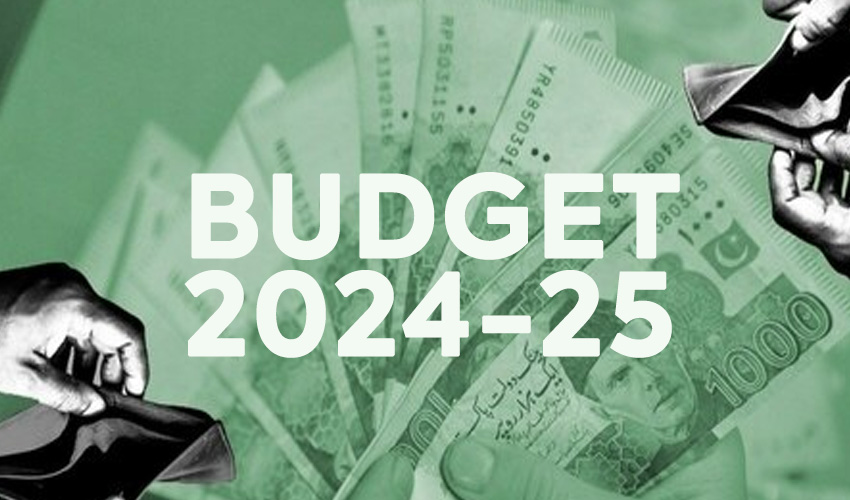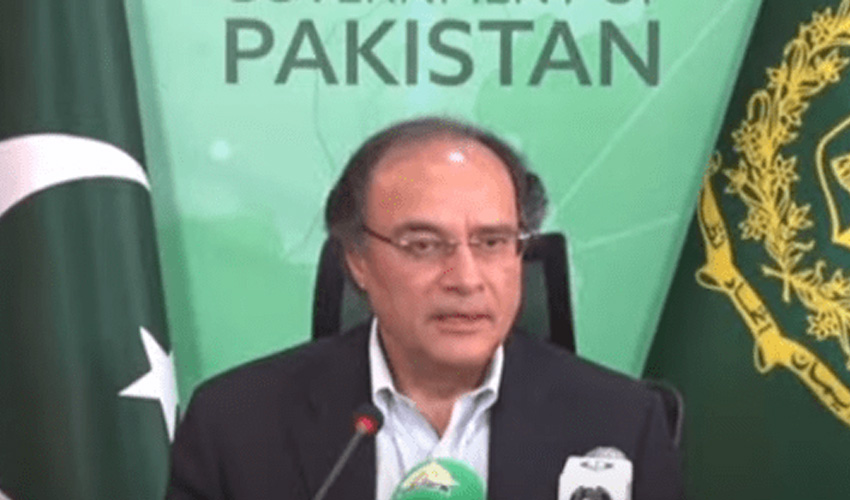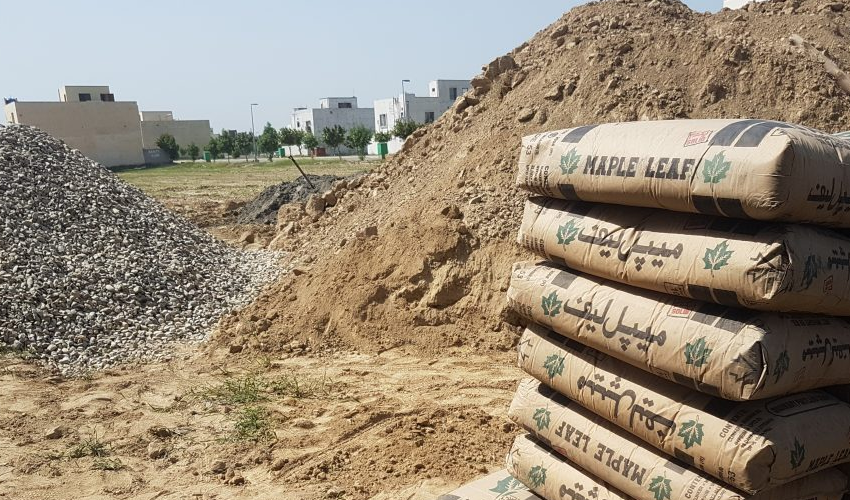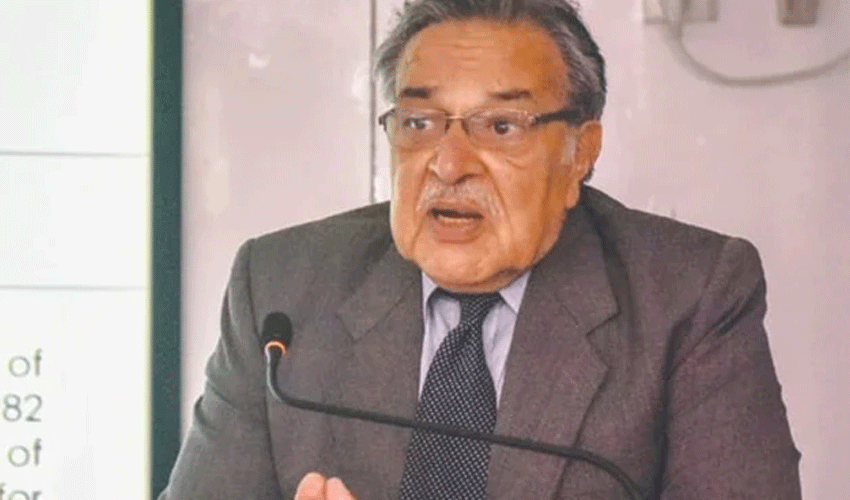The government is planning to introduce a mini-budget later this financial year, with proposals already submitted to the International Monetary Fund (IMF).
The government has suggested emergency tax measures worth Rs130 billion in case tax revenue falls short, according to an official document.
Among the proposed measures is a 5% increase in excise duty on sweetened beverages or sugary drinks, which is expected to generate Rs2.3 billion in additional revenue per month. The document further outlines a plan to levy a 1% advance tax on the import of machinery, projected to bring in Rs2 billion monthly.
The government is also considering a 1% advance income tax on the import of industrial raw materials, which could yield an estimated Rs3.5 billion per month. A 1% tax each on commercial importers and suppliers is likely to add another Rs1 billion monthly.
These proposed measures come as the Federal Board of Revenue (FBR) is faced with a Rs90 billion shortfall during the first quarter of the financial year. The government hopes that these new taxes will help bridge the fiscal gap and avoid further economic strain.
Also Read: More taxes, tariff hike: IMF unveils strict conditions for Pakistan's loan
It should be noted that due to the difficult economic conditions of the country, the government had set a huge tax target in the budget for the current financial year, imposing new taxes of worth Rs1,800 billion. But, after failing to achieve the tax target, work has started on bringing in a mini budget.
A mini budget is the new tax measures that a government takes after introducing the federal budget in June. In the past, the mini budget was limited to Rs30 or Rs40 billion, however, now every mini budget is worth at least Rs200 or Rs300 billion. Raising tax revenue after failing to achieve the tax targets set in the budget is called a mini-budget.
A finance bill is approved by parliament for a mini budget, which is presented to the standing committees of both the National Assembly and the Senate just like an annual budget.
Also Read: Pakistan faces $110bn external financing need in next five years: IMF
On the other hand, the International Monetary Fund (IMF) has also unveiled the strict conditions associated with its new $7 billion bailout package for Pakistan, detailing several measures aimed at increasing tax revenues and adjusting tariffs.
The government has committed to timely adjustments in electricity and gas prices as part of the agreement, with plans to raise the tax target to over Rs15 trillion for the next financial year. This includes an increase of 5% in the GST on various items, alongside the introduction of taxation on agricultural income this year and services and property tax in the following year.
All key professions, including engineering, medicine, law, export, construction, and development, will be covered under these tax changes. The IMF has mandated the implementation of a National Fiscal Agreement, requiring both the federal and provincial governments to increase tax revenues and share the burden of expenditures. The government has assured the IMF of taxing all sources of income.
According to the document, this year’s tax collection is expected to reach Rs1.723 trillion, with projections for an increase to Rs2.157 trillion next year. The government plans to eliminate all tax exemptions and levy a uniform 10% tax on goods, in addition to the 5% increased GST.



























